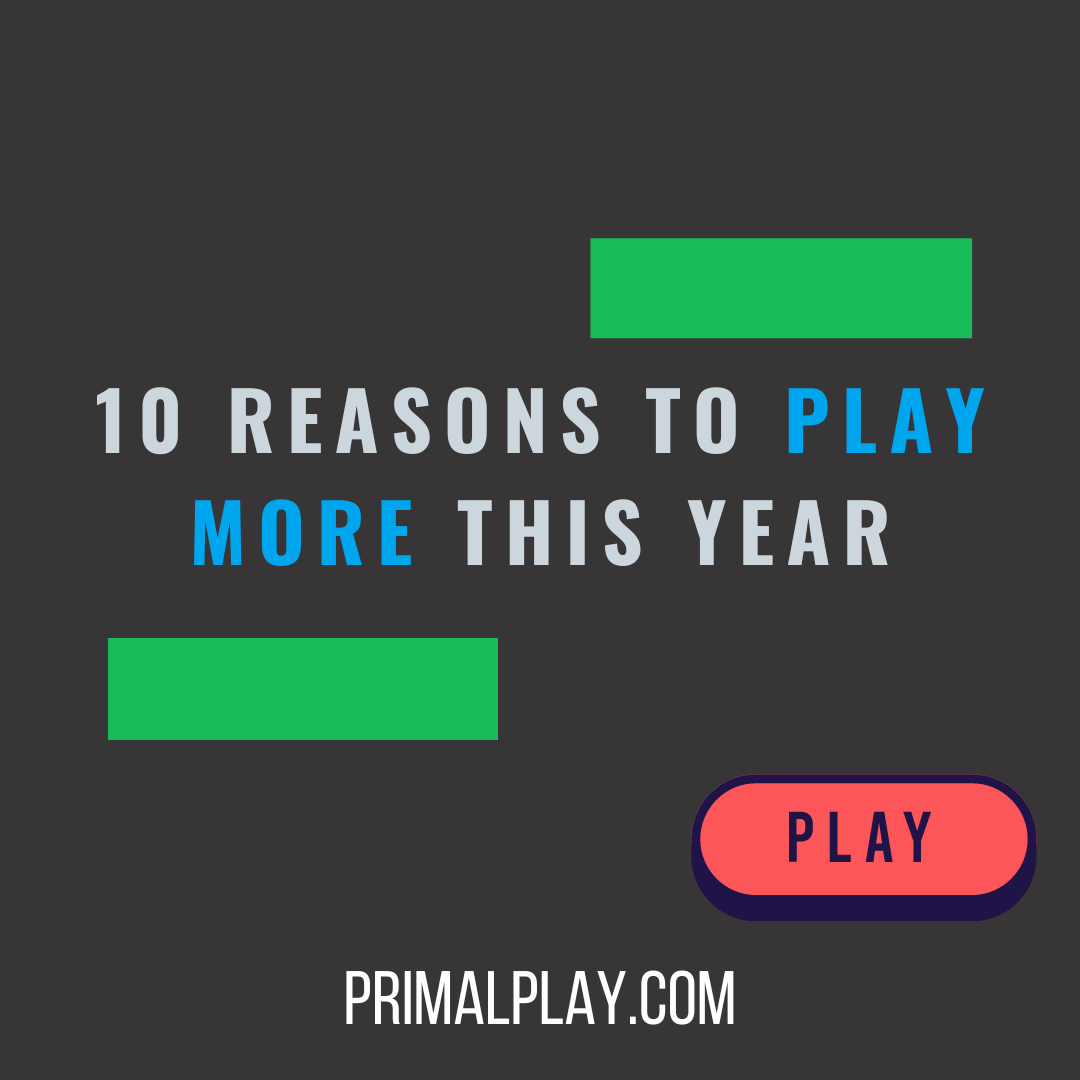The Importance of Play - part 1: No Play, No Gain
The importance of Play
The Importance of Play - part 1: No Play, No Gain
““We do not stop playing because we grow old, we grow old because we stop playing.””
Play Much?
Between the constant demands of work and family, it often seems like there’s little or no time for play in our daily lives. When was the last time you played? I mean really played. You might regard organised sport as playtime or going to a party as play, but what I am actually talking about is play that is activity based on unadulterated and joyful movement. When children are asked what they think is important in life, play is often at the top of the list. Of course, most of us reading this post are no longer children, so how is this relevant to us as adults?
Well, there is growing evidence to suggest that play – the type of joyful, physical activity that we typically associate with young children – can have significant health, mind and body benefits for adults as well.
Play is not difficult to justify. Playful movement promotes practical strength, balance, agility, coordination, speed, skill and mental focus. [1] Play unlocks the mind, it samples endless possibilities, it seeks and finds new levels of creative opportunities. Play is key to physical, mental, and social well-being, but it is often underrated and viewed as superfluous. Play is endemic to human development – a biological necessity based on our survival. As Stuart Brown the founder of the American National Institute for Play states: [2]
““When we stop playing, we stop developing and when that happens, the laws of entropy take over - things fall apart. When we stop playing, we start dying.””
No Pain, No Gain!
Yet when it comes to exercise and activity adults still tend to opt for a workout rather than a play-out. I often get posed the question by my clients. “Why should we play, Darryl? I have better things to do with my time!” As is the case in most instances, the question is easily asked, but the answer is somewhat elusive. I usually respond by introducing them to a playful activity that challenges their perception of fitness. For example, doing an arm wrestle against a partner whilst standing on one leg (get a play partner and try it to see what I mean!)
One observation is that the fitness industry has a preference for sweat, pain, and suffering. With exercise we mistakenly believe we need to undergo significant sacrifice in order to get fit. We should be punished for even thinking about being sedentary. Despite lip service to the contrary, “No pain, no gain!” remains the industry mantra.
The path on this painful journey may be endurance based such as long-distance running or multi-discipline endurance (swim, bike, run) or ultra endurance races – because 26 miles isn’t enough? There is also the let’s-get-cross-and-fit-and-work-as-hard-and-as-fast-as-possible-camp, whose workouts of choice produce an inevitable collapse into a heap, and puking is the ultimate evidence of their commitment to hard work.
There is the pursuit and sacrifice of sculpting a body as if hewn out of clay by pumping iron and isolating certain body parts to build muscle, working to failure rather than success – without a hint of irony! There are also the movement disciplines, which focus on technique, skill and form above all else, reserved for the elite few who have the effort, money and patience to achieve the movement of genius. Another category becoming increasingly popular are long distance challenge-type runs with mud or military style obstacles. Are you man or woman enough to attempt – and suffer through – these challenges?
Of course don’t get me wrong there is a time and a place for hard work, and I’ve done my fair share of it. What I am suggesting is that we should also find time for serious play too.
No Play, No Gain?
Let's revise our approach to getting fitter instead of "No pain, no gain!" - perhaps "No play, no gain?"
Read the other Importance of Play posts
RELATED POSTS:
References:
[1] "Paleo Fitness: Primal Training and Nutrition Program to Get Lean, Strong and Healthy", Darryl Edwards, Ulysses Press, 2013
[2] "Play: How it shapes the Brain, Opens the Imagination and Invigorates the Soul", Stuart Brown, Avery, 2009








Stuart Brown Testimonial for Darryl Edwards